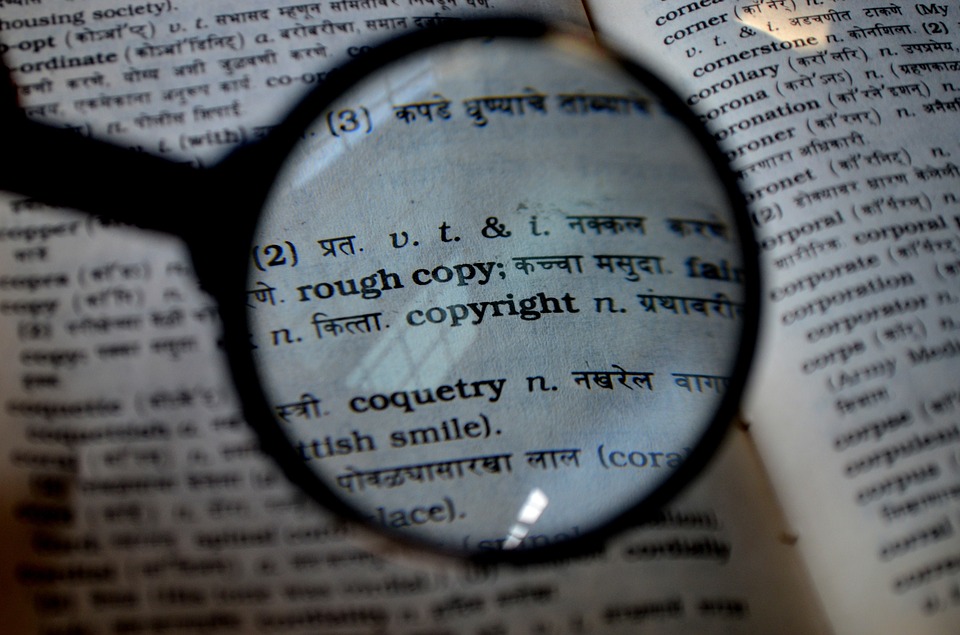Last week two stories were published by the Press Gazette on very similar topics.
The subject of one: ‘newspaper copies a story from another publisher but doesn’t have to pay copyright’ The subject of the other: ‘a newspaper copies a story from another publisher and is forced to pay for the copyright.’
In the first instance freelance journalist Glyn Bellis covered a court case involving a 50-year-old man who placed barbed wire across a forest cycle path. He was the only journalist in court and sold the story to Wales Online.
Days later the Independent published a story on the same court case which they had sourced from Wales Online.
Mr Bellis invoiced the Independent but the national news website argued “there is no copyright in news” and refused to pay.
In the second case, Rochester Online published a story with the headline ‘Danczuk claims £500 on expenses for ‘crisis management’ over Christmas.’
The story focused on a Freedom of Information request about the former MP Simon Danczuk.
Then, just six days later, the Manchester Evening News (MEN) published a story on the same topic with the headline: ‘Simon Danczuk put crisis management PR on expenses after teen ‘sexting’ scandal broke.’
Rochdale Online asked the MEN to pay for syndicating their story. However, the MEN, like the Indpendent, claimed “there is no copyright in news” and contested as much in court.
The MEN lost the argument.
Puzzled as to what the difference is? Well, you wouldn’t be alone, the incidents have caused quite a stir in the media industry.
The outcome of these two situations is important for many student journalists and publications who sometimes rely on stories from outlets with more resources for content.
Section 16 of the Copyright, Designs and Patents Act 1988 highlights that if the whole or “any substantial part” of a work is copied then there has been a breach of copyright.
You would therefore be forgiven for fearing that the ruling against the MEN means that you are unable to report on stories first reported somewhere else.
However, this is not the case.
The argument used by both the Independent and the MEN is correct – there is no copryright in news. No publication has a monopoly over what happens in life.
However, that does not mean that publications can just print information that a competitor has worked hard on producing, as there is copyright in the way that story is told and written. Basically, something has copyright if it took skill, labour and judgement to create.
Simply put there is no copyright in the facts, but there is in the way the story is written
If a publication takes all the quotes and all work done by another outlet and merely re-writes it, they could be accused of breaching copyright.
However, if they contacted sources for their own quotes to use in addition to the original quotes and they gave attribution for where the original quotes came from (eg. “speaking to The Guardian, they said…”) then a court could struggle to rule that the new article infringed copyright.
The lessons that student publications can learn from the MEN and Independent case studies are simple.
When reporting on a story first published elsewhere adapt the angle of the story to be most relevant to your readership, whenever possible try to contact the sources quoted in the original story for a fresh quote, and finally, try to add more information to your story by speaking to alternative sources etc.
Copyright law is incredibly complicated and these two recent cases have caused a lot of head scratching by some journalists. However, follow the above advice and you are on fairly safe ground.
Please note: the SPA has written this article as an aid for student journalists who may have read about the recent cases of copyright infringement. It has not been written by a media lawyer. If any journalist or publication is concerned about whether they have breached copyright, they should seek legal advice.

